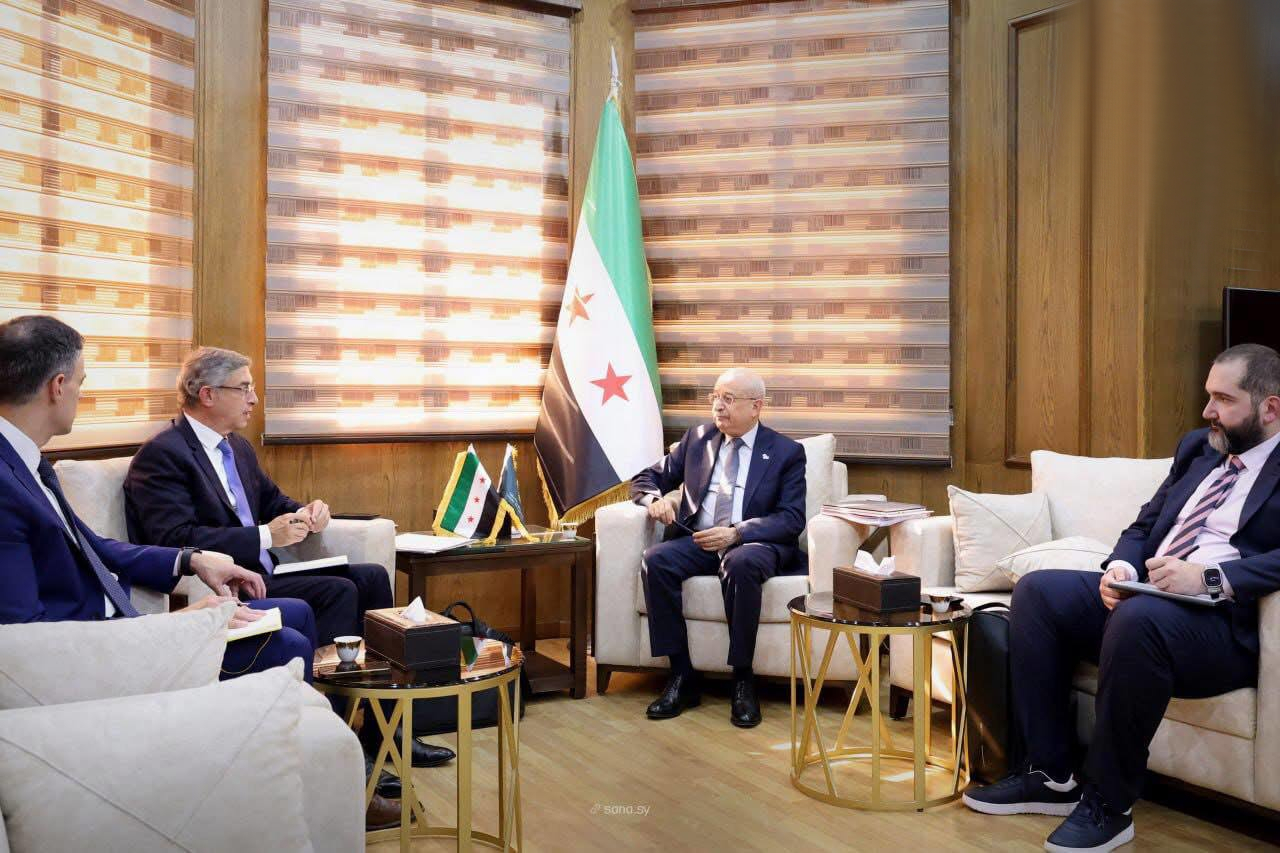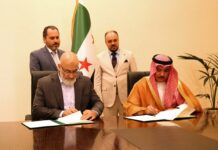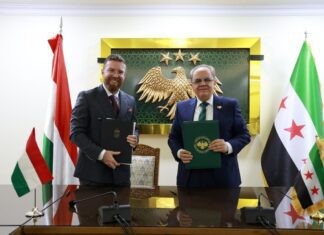 In a significant step toward rebuilding its transport infrastructure, the Syrian Ministry of Transport hosted a delegation from the World Bank for the first time. The meeting, held in Damascus, brought together Transport Minister Yarub Badr and Ibrahim al-Dajani, the Bank’s Director of the Transport Sector for the Middle East and North Africa (MENA), to discuss ways to support and modernize Syria’s land transport systems.
In a significant step toward rebuilding its transport infrastructure, the Syrian Ministry of Transport hosted a delegation from the World Bank for the first time. The meeting, held in Damascus, brought together Transport Minister Yarub Badr and Ibrahim al-Dajani, the Bank’s Director of the Transport Sector for the Middle East and North Africa (MENA), to discuss ways to support and modernize Syria’s land transport systems.
The discussions focused on strengthening cooperation between Syria and the World Bank to rehabilitate key infrastructure and improve urban mobility. Officials described the meeting as a milestone signaling Syria’s growing engagement with international institutions to advance its reconstruction agenda.
Focus on Sustainability and Digital Transformation
Minister Badr underscored the importance of financing and technical assistance to help implement land transport projects that would enhance mobility and reduce congestion, particularly in and around Damascus. He highlighted that the government’s priorities include improving the quality of public transport services, expanding road networks, and integrating sustainable transport solutions into urban planning.
Ali Esber, Director of Land Transport at the ministry, outlined several major projects under consideration. These include initiatives to improve transport quality, modernize infrastructure, and establish safer and more sustainable transit systems meeting the needs of citizens while supporting economic recovery.
For his part, Ibrahim al-Dajani reaffirmed the World Bank’s commitment to helping Syria develop a comprehensive vision for the transport sector. He explained that the Bank’s approach focuses on digital transformation and environmental sustainability, ensuring that reconstruction efforts are aligned with long-term development goals.
Dajani added that collaboration with the Ministry of Transport and other Syrian institutions will continue within the framework of the national five-year reconstruction plan, emphasizing the Bank’s readiness to provide technical expertise and policy guidance to advance effective, safe, and sustainable transport solutions.
Transport as a Cornerstone of Reconstruction
The meeting marks an important milestone in Syria’s broader reconstruction process, underscoring that transport development is not merely a logistical matter but a strategic foundation for national recovery. A modern and reliable transport system, officials noted, can serve as a driver of trade, economic growth, and social stability.
By combining Syria’s infrastructural priorities with the World Bank’s international experience in sustainable and digital mobility, this partnership aims to lay the groundwork for a modern, integrated transport network capable of meeting both current and future demands.
As reconstruction efforts advance, the collaboration between Syria and the World Bank is expected to play a key role in revitalizing the national economy, improving mobility, and enhancing the quality of life for citizens throughout the country.








